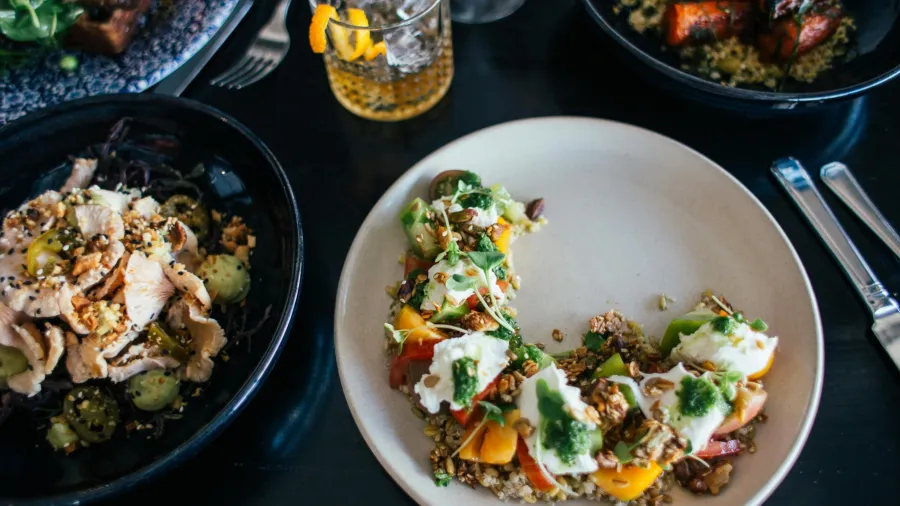
4 key trends that will shape food and drink industry by 2025
It will be defined by nutrition, mental health, supply chain adaptation, and tech integration.
The global food and drink industry is set to transform by 2025, with four key trends expected to redefine what consumers expect: a renewed focus on essential nutrition, the growing role of food in mental health, adaptation to ongoing supply chain disruptions, and a careful integration of technology in food production.
According to Mintel 2025 Food and Drink Trends report, the "Fundamentally Nutritious" trend highlights how rising interest in weight-loss medications like Ozempic is reshaping consumers' view of food as essential medicine, driving brands to streamline health messaging around core nutrients such as protein, fiber, vitamins, and minerals.
The report added that consumers’ increasing awareness of blood sugar and hormone health will likely spark demand for low-glycemic and hormone-supportive products, especially as they look for foods that align with medical and wellness goals.
The "Rule Rebellion" trend is driven by consumers embracing imperfection, with brands increasingly catering to individuals who seek food options outside traditional norms. This trend also includes a surge in marketing the mental health benefits of food, as brands target previously stigmatised topics in the wellness space.
Mintel anticipates brands will innovate with eco-friendly ingredients that offer unique flavors, supporting consumers who are reluctant to pay more for sustainability but welcome products aligned with personal values.
In response to disruptions in the global food supply, the "Chain Reaction" trend forecasts brands emphasising new and diversified ingredient sourcing, appealing to consumers’ growing awareness of food origins. Frequent climate and geopolitical challenges are prompting companies to embrace locally sourced ingredients from alternative regions like Algeria and Peru. Brands will also increasingly highlight the benefits of this approach, such as nuanced flavor profiles and greater resilience against supply shortages.
Moreover, the "Hybrid Harvests" trend reflects the industry's gradual adoption of advanced technology in food production, as brands seek to manage supply chain challenges whilst prioritising taste and nutrition.
However, consumer skepticism around technology in food remains high, so brands are expected to "humanise" their use of tech, especially AI, by demonstrating its benefits to farmers, producers, and the environment.

















 Advertise
Advertise





